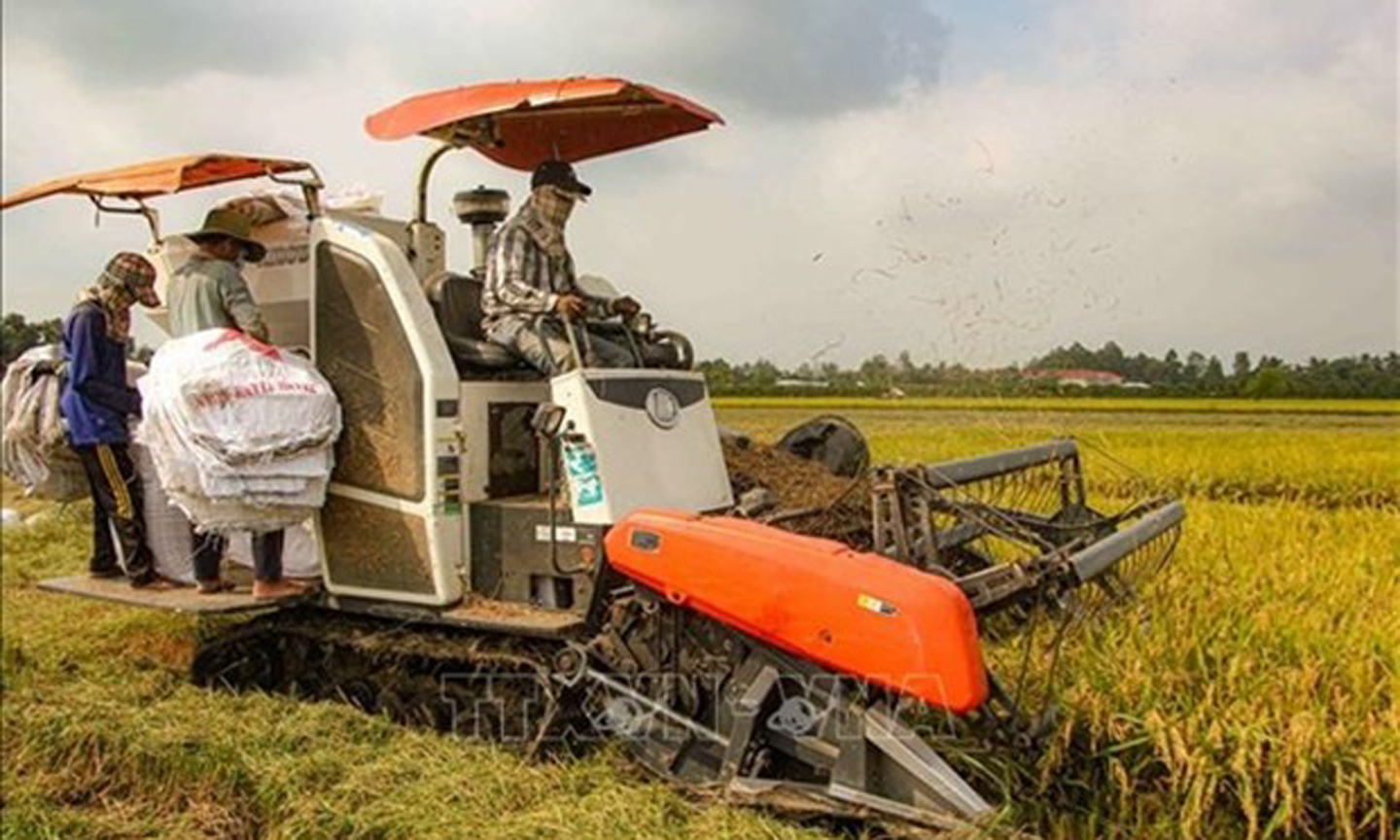Italian firms seek to boost partnership in agricultural mechanisation in Vietnam
ABO/NDO- Information related to research and survey in the field of agriculture, especially production, and trade of agricultural machinery, was shared and discussed at an online seminar on mechanisation in agricultural production in Vietnam, on January 15.
Jointly held in Hanoi by the Institute of Agricultural Engineering and Post-harvest Technology (IAEPT) under the Ministry of Agriculture and Rural Development and the Italian Embassy in Vietnam, the event aimed to help Italian mechanical businesses understand more about the Vietnamese market.
According to IAEPT Director Pham Anh Tuan, the mechanisation level in Vietnam's agriculture still remains low compared to other countries in the region and the world.
The forestry industry records the lowest level of synchronous mechanisation, only about 30%, he said, stressing that to increase added value of and sustainably develop the agriculture sector, synchronous mechanisation is needed.
 |
| Illustrative image (Photo: VNA). |
Research reports indicate that the agricultural machinery market in Vietnam has great potential but faces a number of challenges.
Engine equipment in Vietnam still lags behind the average level in other ASEAN countries. Domestic manufacturers have a relatively low market share, and their machinery production capacity can only meet 32% of the market demand.
According to Director of the Italian Trade Office in Vietnam Fabio De Cillis, Italy is among the top 20 agricultural machinery suppliers in the Southeast Asian nation.
He said that there is ample room for foreign businesses to become partners of Vietnam in providing mechanisation and modernisation solutions, advanced technologies and efficient agricultural machinery, towards meeting growing demand and contributing to the development of the sector.
Cillis suggested that smart agriculture development is one of the orientations in restructuring the agricultural sector and combating climate change in Vietnam, and this offers an opportunity for Italian businesses to contribute to developing smart farming methods and affordable solutions that are highly adapted to the demand of Vietnamese farmers.
Tuan expressed his hope that Italian businesses will invest in support industry, thus helping Vietnam integrate, access technology faster, and increase the rate of mechanisation in agricultural proudction.
(Source: NDO)
 về đầu trang
về đầu trang







